Tech tragedies: The mysterious deaths of top tech talents
The sudden death of Chinese drone expert Zhang Daibing on 3 January has shocked many netizens, who have questioned the circumstances surrounding his demise. Zhang’s passing is but the latest in a series of mysterious high-profile deaths in the Chinese tech industry. Lianhe Zaobao’s China Desk discusses the issue.
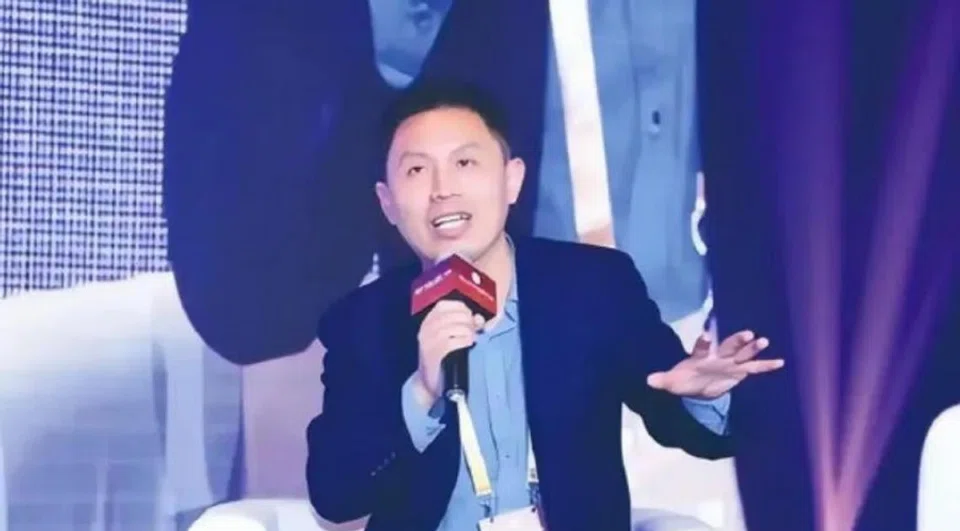
Known as a leading expert in the Chinese drone industry, Zhang Daibing, often referred to as the “ceiling” (the best in a field, unsurpassable) of the field, passed away on 3 January at the age of 47.
Although his obituary simply stated that he had died, without elaborating on the circumstances, online rumours suggested that he jumped to his death due to debt. Following the sudden passing of several other prominent figures, still in their prime, in China’s tech industry over the past two years, Zhang’s death reignited public discussion.
According to the official obituary circulating online, Zhang Daibing, former deputy director of the National University of Defense Technology (NUDT)’s Unmanned Systems Research Institute and founder and director of Yunzhihang Technology in Changsha, passed away in Changsha on 3 January 2025.
His family held a memorial service on the morning of 5 January at Changsha Funeral Home.
Staff members of NUDT confirmed Zhang’s death when Chinese media outlets reached out for confirmation, but declined to disclose the cause.
Who was Zhang Daibing?
According to public information, Zhang was born in 1977 in Kaizhou district, Chongqing. He was accepted to NUDT after achieving the third-highest college entrance exam (gaokao) score in his county.
... based on the WeChat messages left by Zhang and tributes from friends and family, there were hints of the pressure he was under, which was related to his company’s financial difficulties and debt.
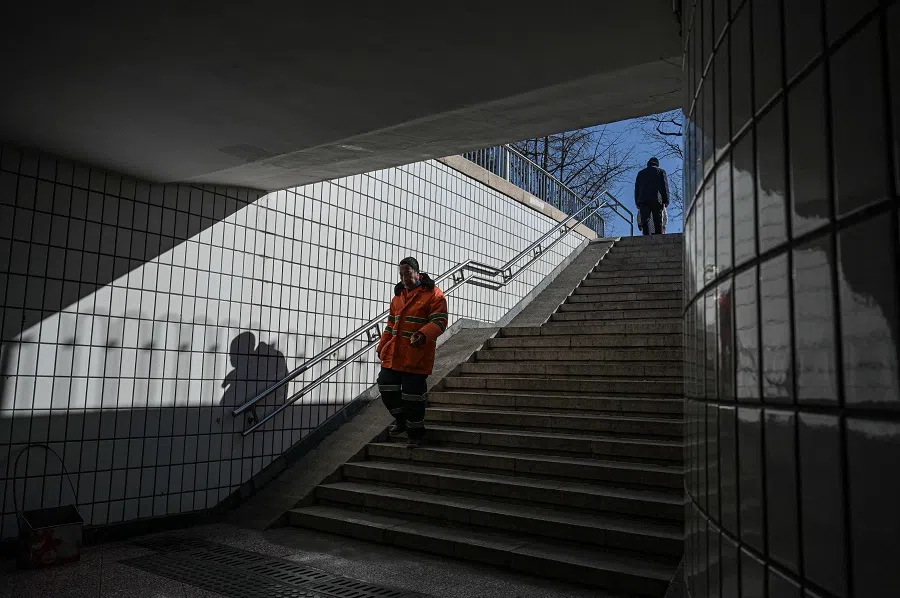
While pursuing his master’s degree, he participated in the “Sharpening the Sword” (砺剑2000) military exercise in 2000, and was awarded third-class merit. Due to his outstanding academic performance, he remained at the university after earning his doctorate degree in 2007. During his time at the university, Zhang served as deputy head and then head of NUDT’s Unmanned Systems Research Institute, and later as deputy director of the institute itself. He also served as a member of the new drone systems expert group of the People’s Liberation Army’s Ground Forces Equipment Department; a researcher at the Institute of Microelectronics, Chinese Academy of Sciences; and a distinguished expert at Norinco’s computer research institute.
During this period, Zhang received numerous awards, including the first-class prize for Military Scientific and Technological Progress and the second-class prize for the Invention Award from Hunan province.
Zhang’s contributions were not limited to academic research; they also extended to the practical applications of scientific findings.
Answering the government’s call for entrepreneurship, Zhang left NUDT in 2018, and founded Yunzhihang Technology in Changsha. He invented and developed several products, including robotic snakes, “Youlong (dragon)” booster systems, and high-rise firefighting drones, earning market recognition.
Zhang’s demise the result of financial troubles?
Information online showed that Zhang had shared two videos on social media showing drones being used to clean high-rises just a day before his death. There was no indication that something was amiss.
However, based on the WeChat messages left by Zhang and tributes from friends and family, there were hints of the pressure he was under, which was related to his company’s financial difficulties and debt.
A message purportedly posted by Zhang on WeChat last October read: “The mass entrepreneurship and innovation campaign spurred many to start their own business, leaving private entrepreneurs laden with debt. Does entrepreneurship lead to debt, force entrepreneurs to default, and ultimately cause them to jump off a building? This is truly the greatest tragedy of human society.” Clearly, the issue of debt was already on Zhang’s mind back then.
The tributes posted by his friends and family also revealed that Zhang’s company faced severe cash flow problems, which prompted him to exhaust all of his family’s savings, mortgage his property, and even borrow from several small online lending companies. Unable to bear with the pressure of the debt, he reportedly jumped to his death.
Besides Zhang, at least four leading tech talents in China have died young over the past two years, sparking concerns among netizens about the inadequate protection of talents.
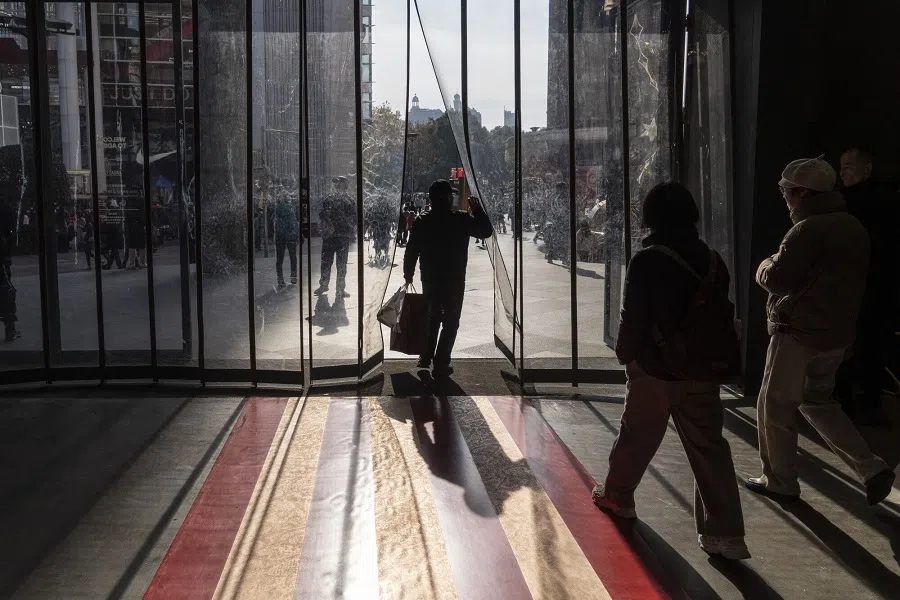
Corporate data provider Qichacha showed that Yunzhihang Technology was founded in November 2017 with a registered capital of 10 million RMB (US$1.364 million). Zhang was the legal representative of the company and held a 77% stake in it.
According to a report by the public account Chuang Toutiao, Zhang’s company had faced the persistent challenge of funding shortages since its inception. Despite having a solid technical foundation, Zhang was unable to overcome cash flow issues.
An article from a self-media platform asserted that despite Zhang’s technical expertise and the potential of his products, he struggled with obtaining financing — especially amidst the current pessimistic entrepreneurial environment, which made securing funds even more difficult.
The article argued that the tragedy behind Zhang’s death is rooted in an outdated judicial system when it came to debt, as well as the dated debt culture it fostered. It suggested that the authorities should waive or reduce some debts for entrepreneurs and low-income individuals to allow some indebted people to start anew and “enable people to break free from being debt defaulters and continue creating wealth and value for society”.
Accident or murder? Top Chinese tech talents die one after another in suspicious circumstances
Besides Zhang, at least four leading tech talents in China have died young over the past two years, sparking concerns among netizens about the inadequate protection of talents.
China’s AI bigwig and founder of SenseTime, Tang Xiaoou, was reported to have passed away on 15 December 2023 at the age of 55. Rumours circulating online suggested that Tang died by suicide.
However, SenseTime later refuted these claims, issuing an obituary which stated that Tang had died of illness despite medical efforts.
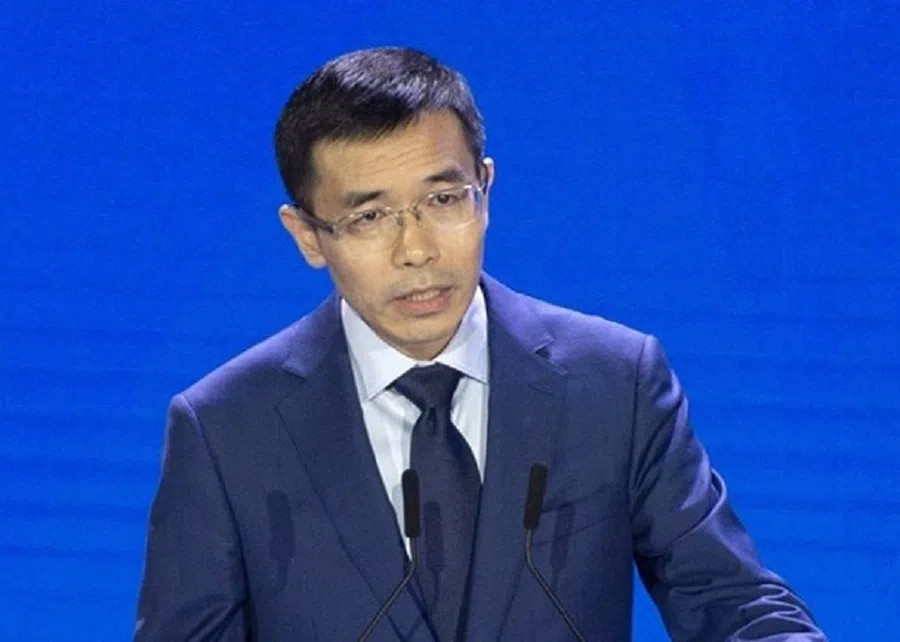
Even more puzzling than Tang’s death was the passing of China’s military AI expert and doctoral supervisor at the NUDT, Feng Yanghe. Feng died in a car accident in July 2023 at the age of just 38.
According to Hong Kong media reports, Feng died in a severe traffic accident that occurred after he attended an important meeting in Beijing. The military sedan he was travelling in crashed into a cement truck, and he was killed instantly on impact.
Many Chinese netizens suspect that Feng might have been assassinated, and called for a thorough investigation by public security authorities, hoping that the government would increase protection for key talents.
Equally shocking was the death of Sun Jian, chief scientist of Chinese AI unicorn Megvii Technology. Sun purportedly died of illness on an early morning in June 2022, at the age of 45. Netizens, however, were suspicious, noting that he had appeared healthy and lively in a public appearance just a day before his death.
According to Megvii insiders, Sun had gone for an uneventful run that evening, but suddenly collapsed after returning home and could not be revived despite being rushed to the hospital.
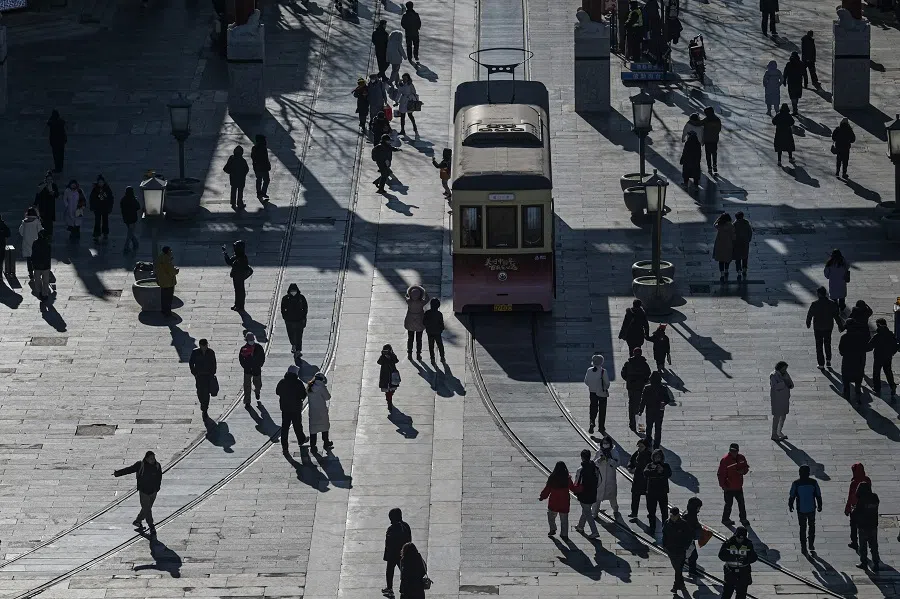
Another mysterious death was that of Zhou Guangyuan, a renowned expert in the field of polymer materials and formerly a new materials expert in the 863 Program under China’s Ministry of Science and Technology. Like Feng, Zhou died aged 51 in a car accident at the end of 2023.
Liu Donghao, founder of the Guizhou Big Data Engineering Security Research Center, also died unexpectedly on 5 March last year. His obituary did not disclose details of the circumstances of his death.
These experts, each of them world-class experts in their respective fields, could have been pivotal in addressing China’s “bottleneck” issues, and could also have played a pivotal role in determining the outcome of the China-US tech war.
Netizens call on the Chinese government to protect prominent tech figures and allay public fears
The news of Liu’s unexpected death also drew attention from Chinese netizens. Some hoped the authorities would reveal the cause of his death, while others called once again for the government to strengthen the protection of top talents.
China has lost its cutting-edge tech talents one after another. These experts, each of them world-class experts in their respective fields, could have been pivotal in addressing China’s “bottleneck” issues, and could also have played a pivotal role in determining the outcome of the China-US tech war.
Life is unpredictable and filled with ups and downs, whether it is a tragedy like Zhang’s suicide, caused by debt and cash-flow issues, or a mysterious incident like Feng’s accident, shrouded in conspiracy theories. However, clearer explanations and more proactive remedial measures in response to the recent spate of deaths are needed. Vague obituaries are evidently insufficient in addressing public doubts and suspicions.
This article was first published in Lianhe Zaobao as “无人机专家张代兵跳楼 中国顶尖科技又折大将?”.





